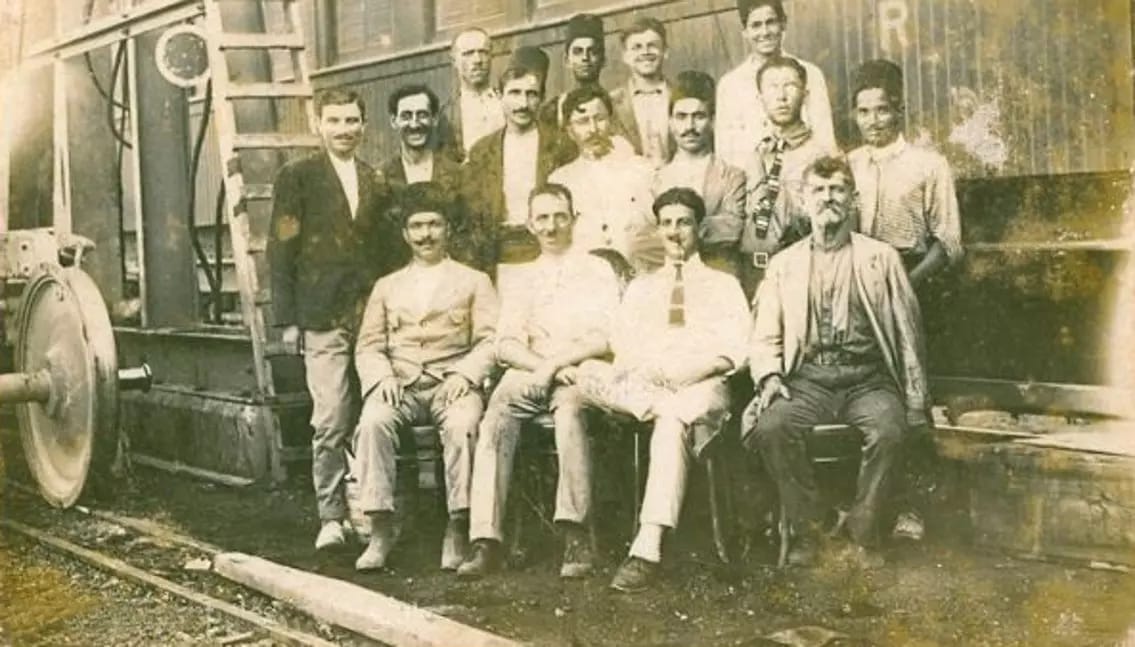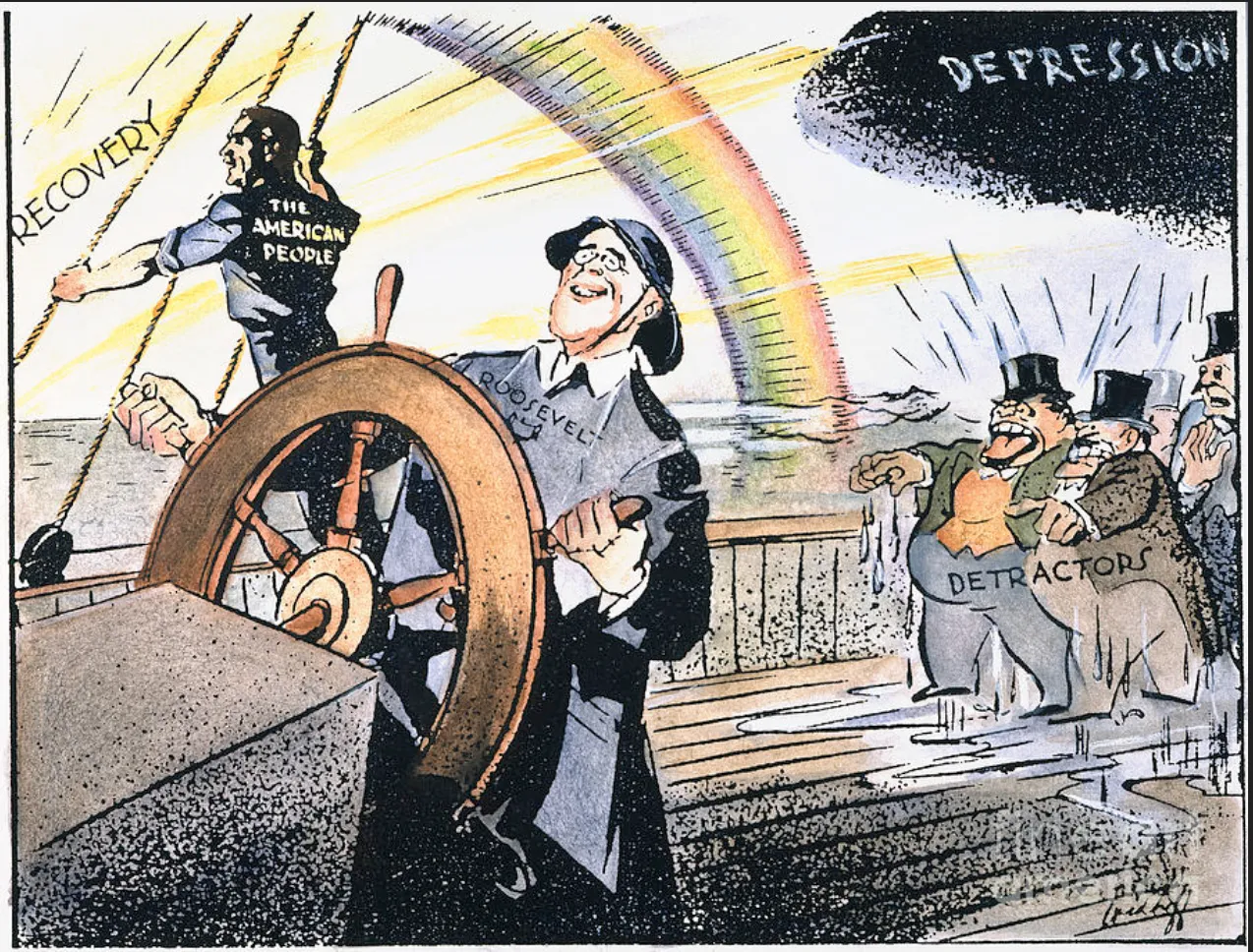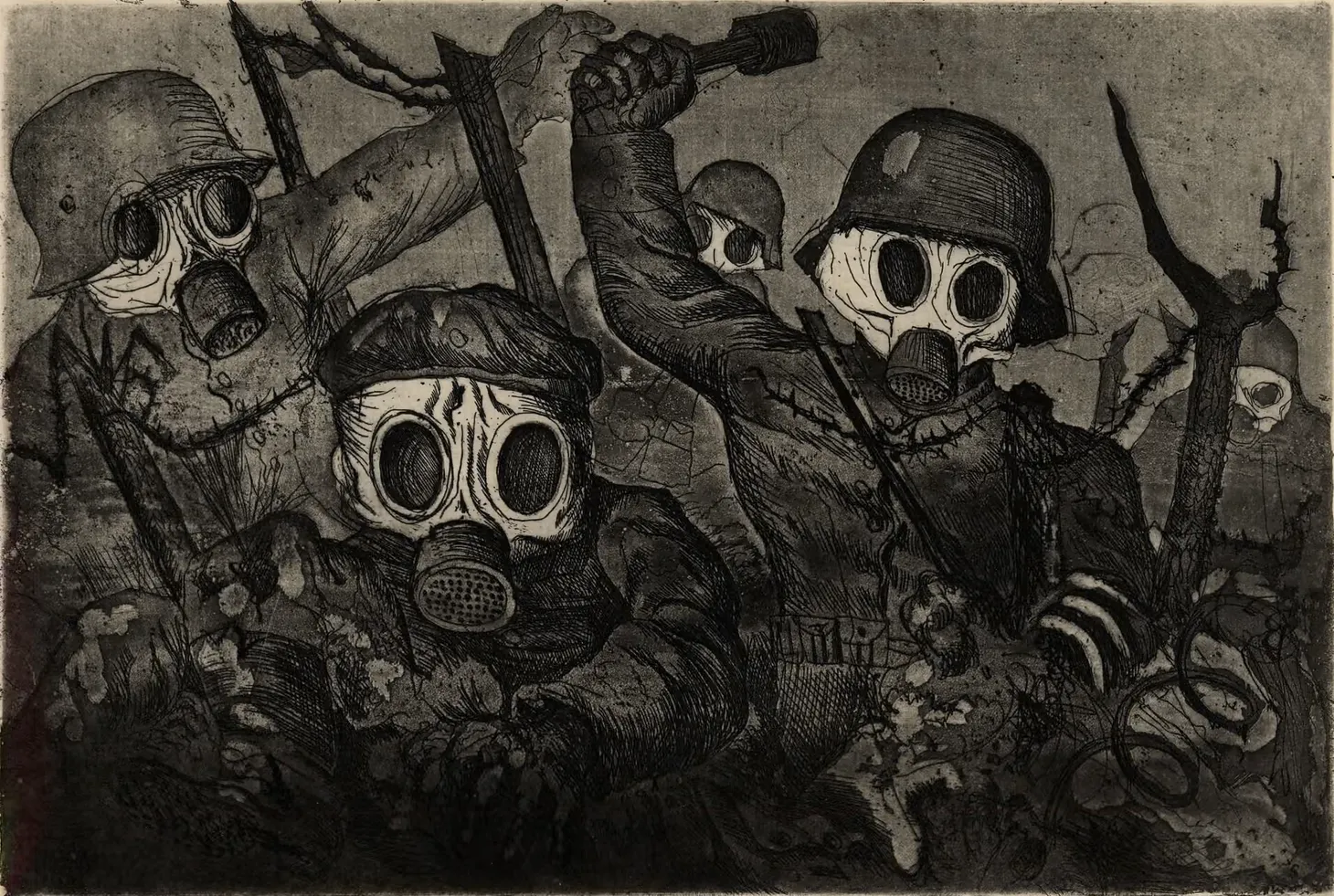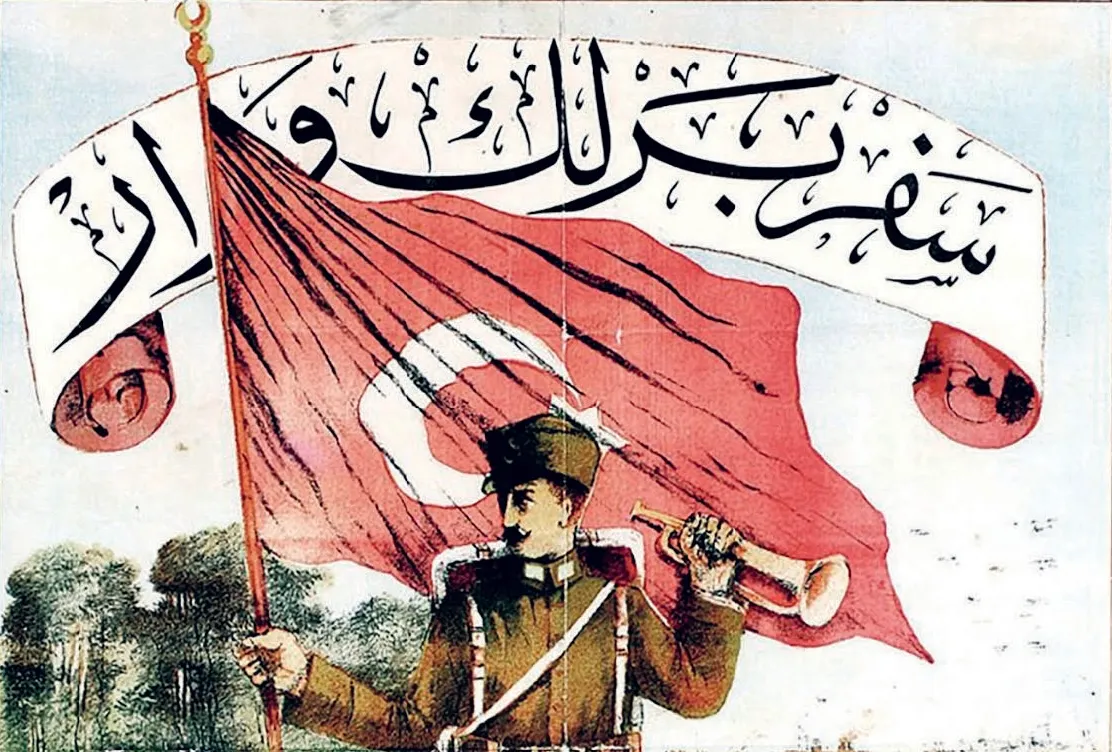“A Kind of Mutual Understanding Prevailed”: Competing Visions of Mandatory Palestine’s Future, 1920-1936
Discussion of teaching Israeli and Palestinian shared history between 1920 and 1936

In my previous post, I discussed how we can use short stories to escape the narrative of the “conflict” when teaching twentieth-century Israeli and Palestinian history. Stories allow us to see Palestinians and Israelis as humans with complex feelings and behaviors. But how do we use historical documents to help students understand the events of the twentieth century?
We can start by thinking about how we approach Israeli and Palestinian history. We can focus on only the events and individuals that contributed to the conflict so students understand the causes of today’s tensions, or we can weave in more alternative visions. This choice is especially relevant to the British Mandate of Palestine. We know that the British Mandate ended in 1948 with a major war between Israelis, Palestinians, and neighboring Arabs. That war resulted in the establishment of Israel and the Palestinian Nakba, but Palestinians and Zionists living in the 1920s didn’t know those outcomes.
It helps to consider the British Mandate in two eras. The first was from 1920, when the British began to administer the region with civilian officials, to 1936, the outbreak of the Great Palestine Revolt. The second was from 1936 to 1948. During that first era, we can focus more on the competing visions for Palestine’s future. In the second era, we can focus more on the conflicts that led to the end of British rule in Palestine. (I will discuss that second era in the next post.)
British Palestine in the Interwar Years
This content is for Paid Members
Unlock full access to Liberating Narratives and see the entire library of members-only content.
SubscribeAlready have an account? Log in



